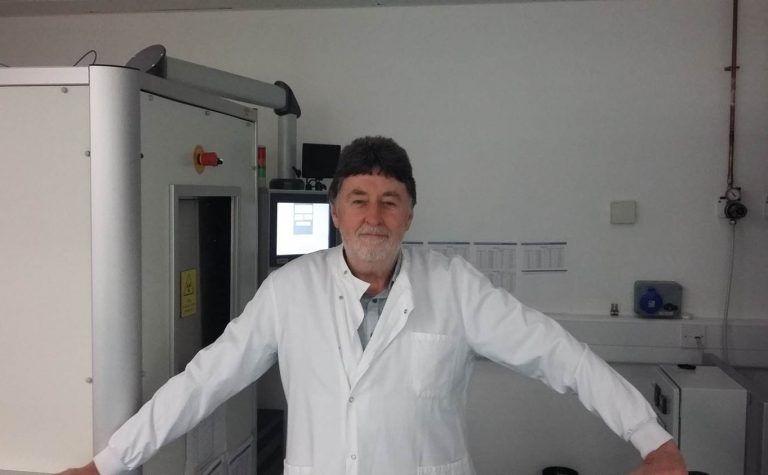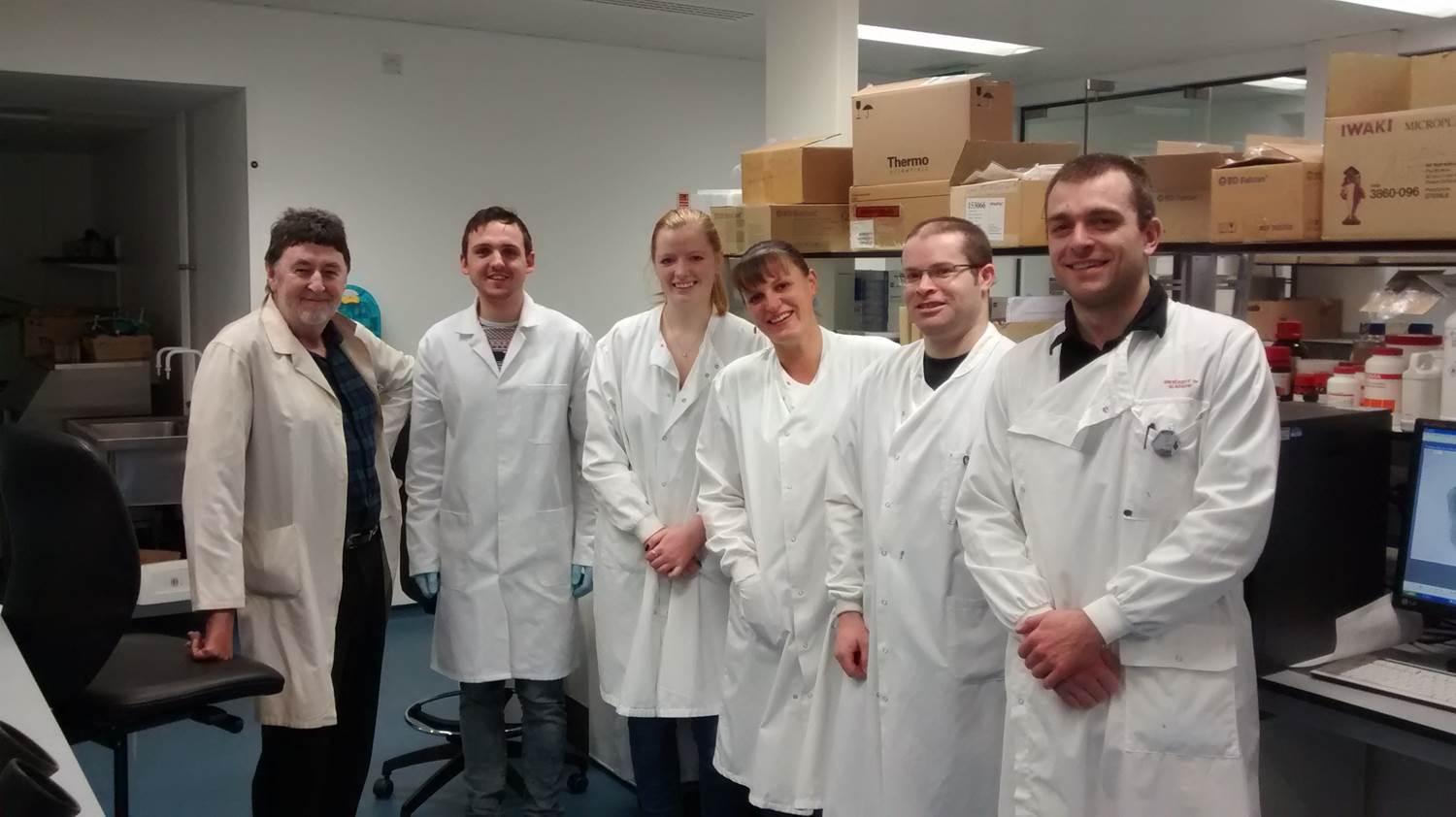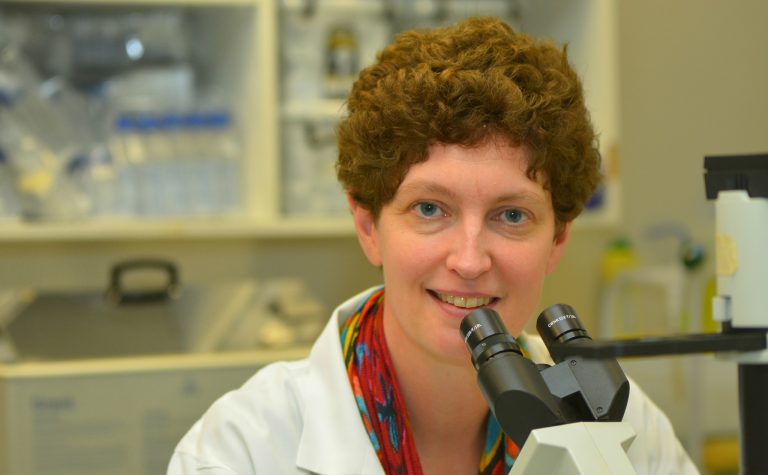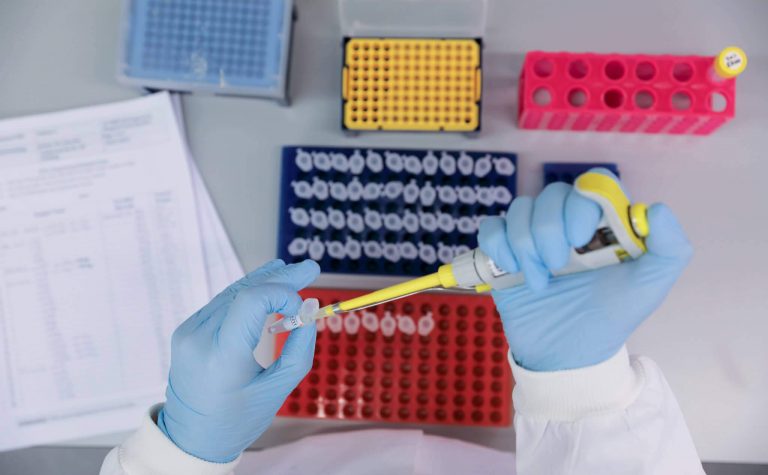One of the cancers that affects very young children is called neuroblastoma. It can be difficult to treat, but we’re working hard to develop a highly effective new form of treatment. This will combine the radioactive drugs we already use with drugs called radiosensitisers, which make the tumour more susceptible.
Our funding is enabling doctors to develop a brand new way of treating cancer in very young children by combining the medication already used with revolutionary new drugs called radiosensitisers.
Thank you
This research project on neuroblastoma has been successfully completed. Your donations allow us to fund ground-breaking research that can improve treatments given to children with cancer. Thank you. Your help allows us to continue to find ways to drive up the chances of survival for children with cancer and reduce the toxic side effects that can affect the rest of their lives.




